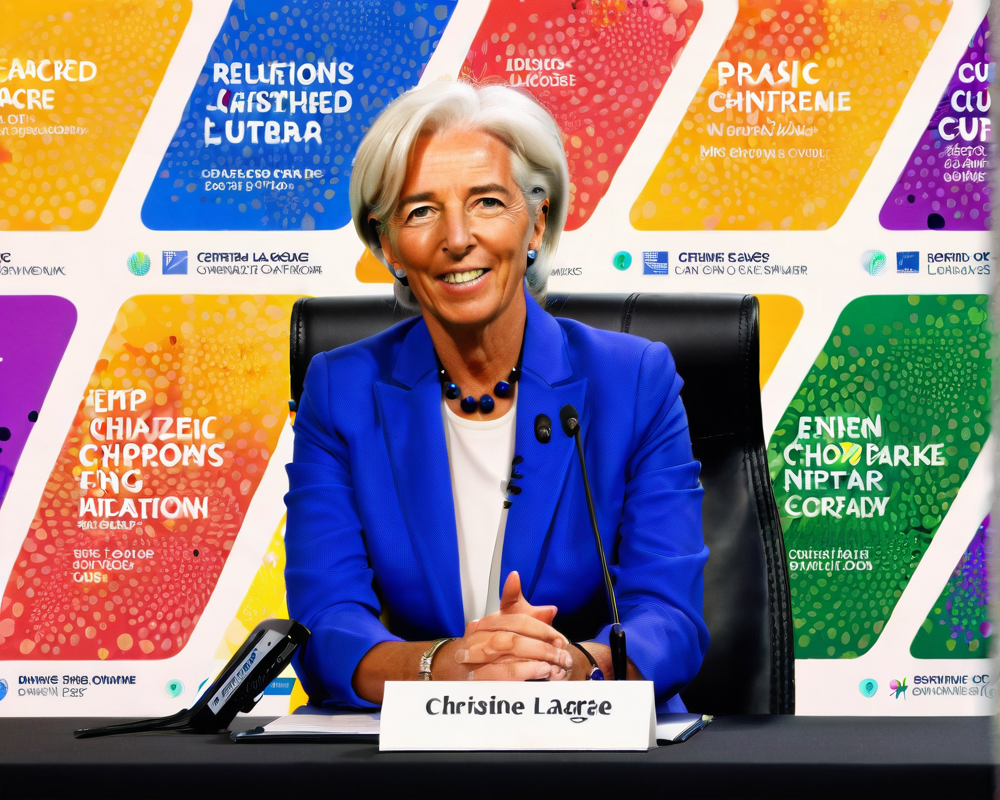Embracing the Future of Finance
Christine Lagarde, the President of the European Central Bank (ECB), is not one to sit on the sidelines while the world of finance evolves. In a recent interview with Challenges, she emphasized the ECB’s proactive role in developing a central bank digital currency (CBDC) to meet the demand for quicker and less expensive cross-border transactions. And let’s be real, who doesn’t want their money to travel faster than a toddler on a sugar rush?
Threats Looming Over Global Economy
While discussing pressing issues for the economy in 2020, Lagarde highlighted several challenges, including trade downturns, geopolitical tensions, and even climate change. It’s like she’s the weather forecast of the economic landscape, pointing out that while the sun may be shining, there are storm clouds on the horizon. Despite these challenges, she asserted that the EU remains a titan in the global economy—with potential so immense it could probably lift a car off the ground.
From Observers to Innovators
Lagarde is clear: the ECB will not be passive observers of a rapidly changing world. She stated, “We cannot afford to just sit back and watch,” echoing sentiments many of us have, particularly when it comes to binge-watching our favorite series. The urgency for fast, low-cost payments has never been clearer, and Lagarde is on a mission to ensure that central bank money stays relevant, even as cash might quietly grow old in a corner somewhere.
Task Forces and Transitioning Money
To facilitate this shift, the ECB has set up an expert task force. Think of it as the Avengers, but for currency. This team will work with national central banks to evaluate the feasibility of a euro-area CBDC. Lagarde underscored the importance of understanding the impacts a digital currency could have on the financial sector and the transmission of monetary policy—a treasure map of financial power, if you will.
A Friendly Stance on Digital Innovations
In past statements, Lagarde has shown her support for digital currencies, recognizing the need for the ECB to remain ahead of the game regarding stablecoins. After all, in a world where technology evolves at lightning speed, being caught behind the curve is like showing up to a costume party in jeans. Her high-flying days at the International Monetary Fund (IMF) have equipped her with the knowledge to ensure the institutions adapt swiftly.
Looking Ahead
While the ECB is cognizant of the potential headaches associated with a digital euro, it is ready to consider this new monetary frontier. However, they remain cautious about citizens hoarding too much of it—after all, too much fun can lead to some serious hangovers. With ongoing analyses and future plans, the ECB is setting the stage for what could be a groundbreaking evolution in how we understand and use money.




